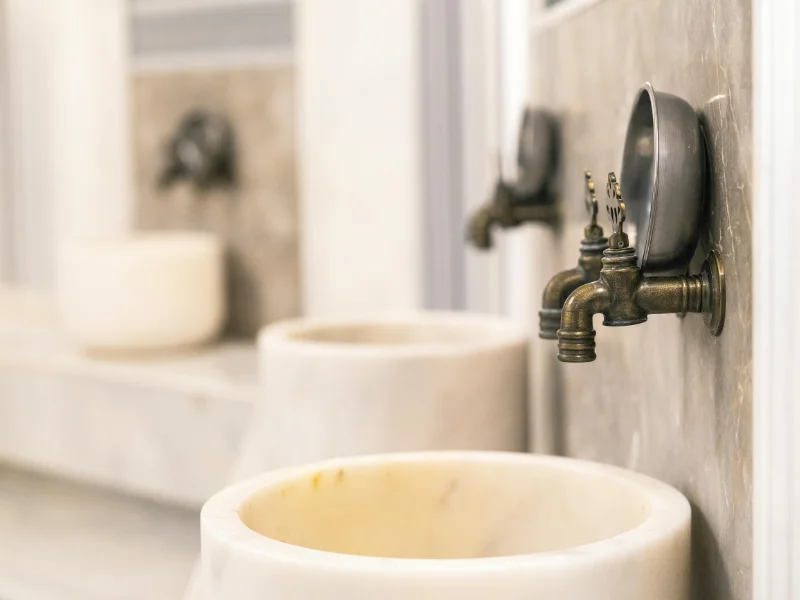Turkish Traditions for First-Time Visitors to Turkey
Merhaba and Welcome To! I’ve been living in Turkey for nearly 20 years and have had the chance to explore almost every corner of the country. If you’re visiting Turkey for the first time and have any concerns, don’t worry. In this post, you’ll find everything you need to know to make your trip smooth and enjoyable
What Is the Capital of Turkey?
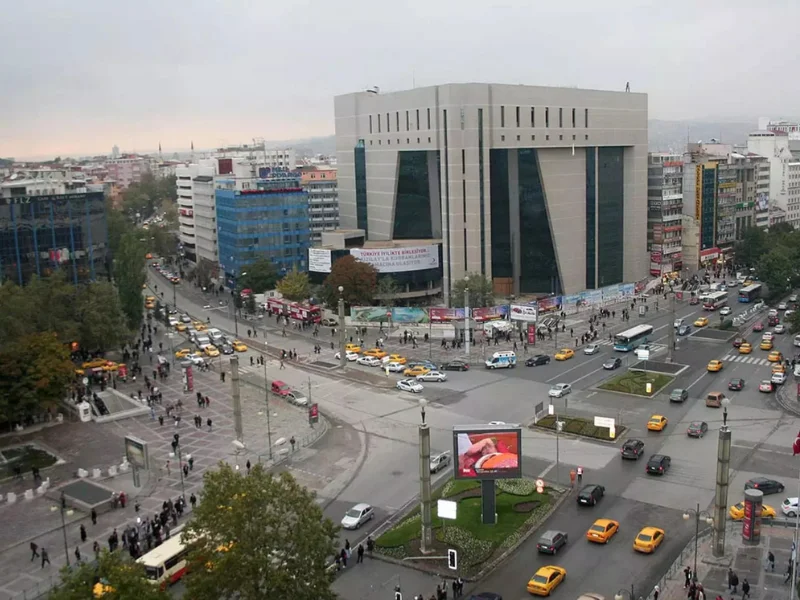
Firstly, a common misconception is that Istanbul is the capital of Turkey, but that’s not true. The capital of Turkey is Ankara. That’s where you’ll find the mausoleum of Mustafa Kemal Ataturk, the founder of the Turkish Republic, as well as the country’s main government buildings.
Is Turkey a Safe Country?
If you had asked me that question 10 years ago, I would have definitely said yes. I wouldn’t say Turkey is unsafe now, but a lot has changed in the last decade. The immigration policy has brought in a lot of migrants and the crime rate has gone up. But one thing I can say for sure is that Turkish people are very hospitable and friendly. If you ask for something, they will always smile and do their best to help you.
Turkish Traditions
What Are the Physical Characteristics of Turkish People?
Drinking Tea and Coffee is Very Common in Turkey
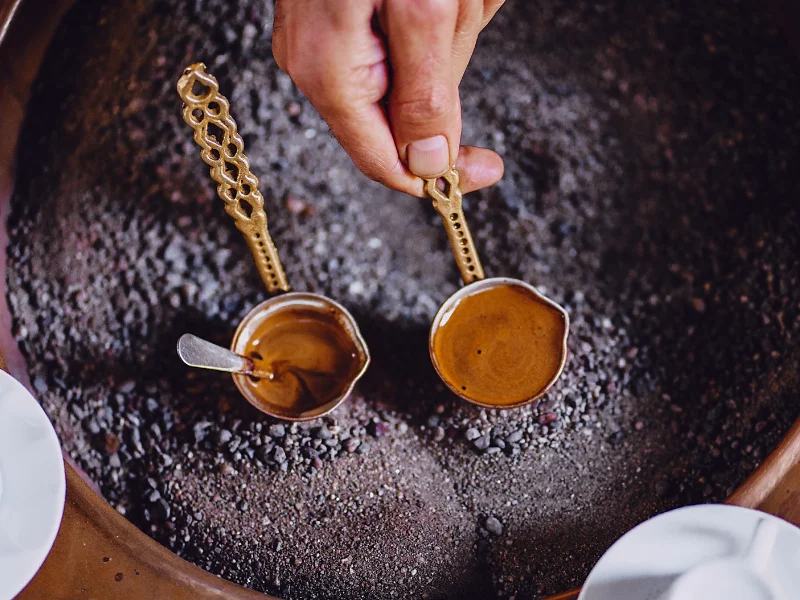
When you arrive in Turkey, you’ll quickly notice that Turkish tea and Turkish coffee are a big part of everyday life. The Turkish breakfast tradition is very widespread and people always enjoy breakfast in the morning. Tea is consumed throughout the day, especially at breakfast, and Turkish coffee is world famous for its unique brewing method. Both drinks are an integral part of Turkish culture and hospitality.
When You Visit Restaurants, They’ll Offer You Cologne.

When you enter a restaurant in Turkey, the waiter will quickly come to your table and ask for your order. After you’ve finished your meal and paid the bill, you’ll be offered cologne to put on your hands. At first you may wonder why, but it’s a gesture of gratitude for your visit and a symbol of cleanliness. This little tradition is part of Turkish hospitality and customer satisfaction.
What to Keep in Mind When Greeting Turkish People?
In Turkey, greetings play an important role in building relationships. Learning basic Turkish phrases such as “Merhaba” (Hello) and “Nasılsınız? (How are you?) can set you apart. A traditional handshake, while maintaining eye contact, symbolises mutual respect and sincerity. Gently touching the head is also common as a sign of affection and trust. Understanding Turkish greetings is key to making meaningful connections in the country.
You Should Take Off Your Shoes When Entering a Turkish Home
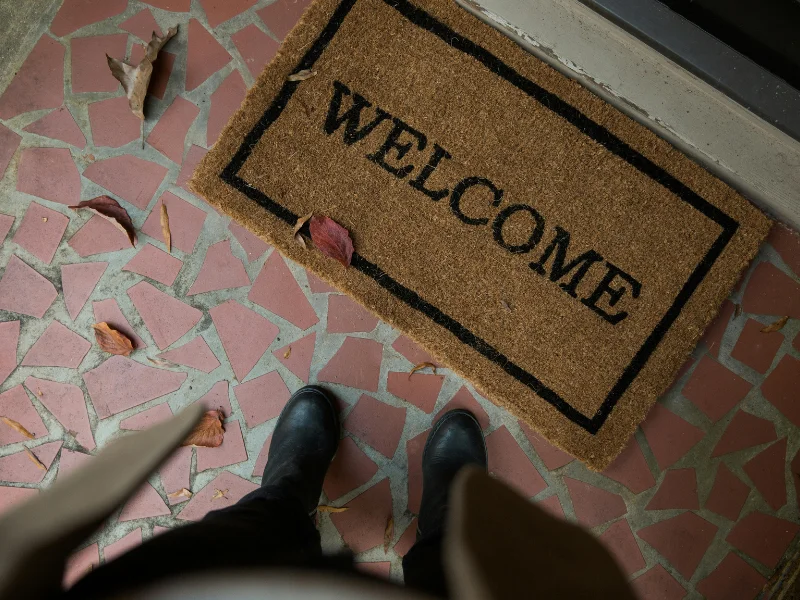
They Have a Strong Appreciation for Food, and the Portions Are Generous.
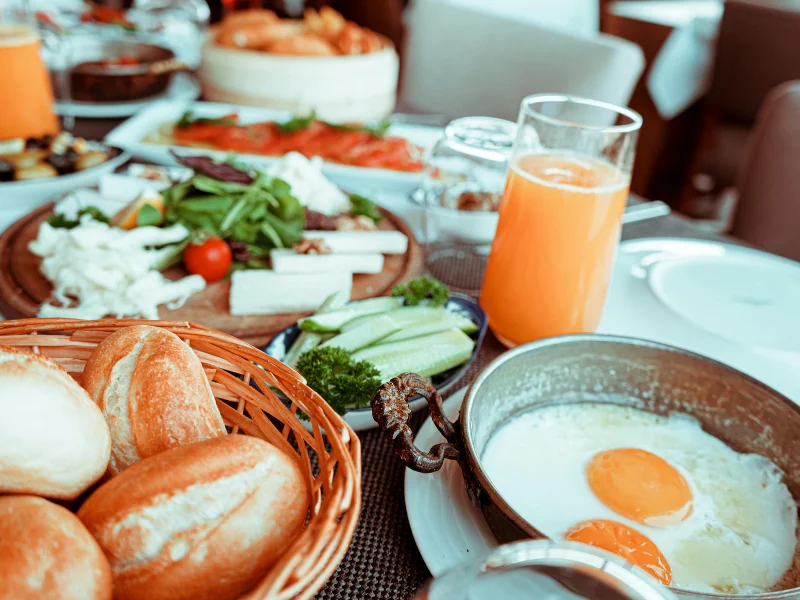
In many places, a quick breakfast might mean grabbing a croissant with coffee on the go. However, when it comes to Turkey, this is nearly impossible. Turkey has a rich and vibrant food culture. Turkish breakfast is a key part of the day, with a variety of delicious dishes to enjoy. The country’s diverse population has contributed to a rich Turkish cuisine, where meals are savored throughout the day. From Turkish kebabs to Turkish delight, and countless other famous Turkish desserts, Baklava, food plays a central role in Turkish culture.
How to Behave at the Dinner Table in Turkey
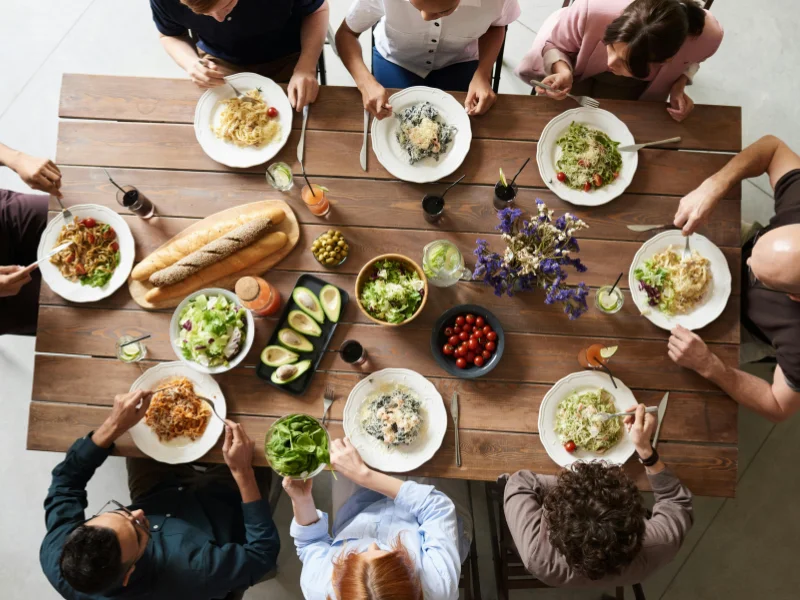
When dining in Turkey, certain cultural practices are commonly observed. Before starting the meal, it’s traditional for everyone to say “Afiyet olsun” (meaning “Enjoy your meal”) to each other as a gesture of well-wishing. During the meal, conversations are generally kept to a minimum, as this is seen as a sign of respect for the food and the dining experience. The atmosphere is often quiet, allowing everyone to focus on their food. However, if you’re a tourist dining with a Turkish family, they will likely engage in conversation to make you feel welcome.
They Practice Haggling in Markets and Bazaars
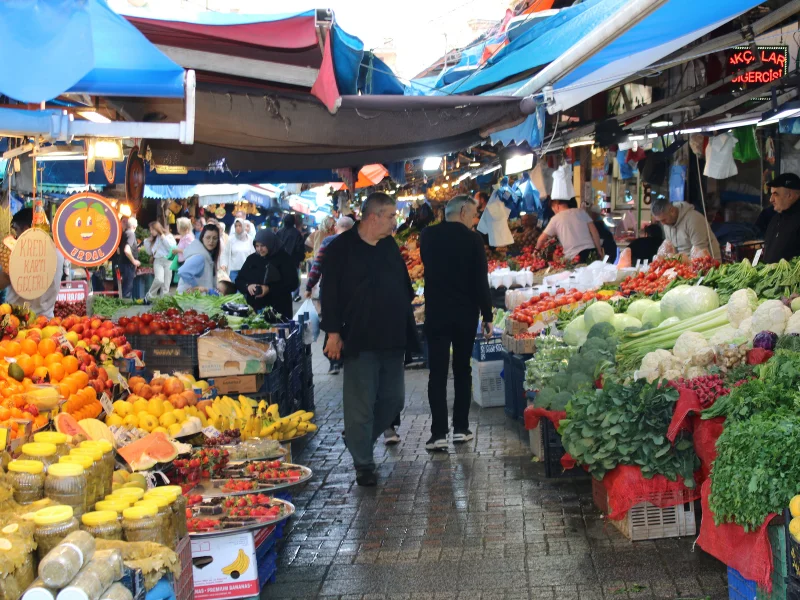
After the pandemic, Turkey experienced significant inflation, and its effects are still being felt. Bargaining, which has long been a prominent aspect of Turkish culture, has also been impacted by these economic changes. At its core, bargaining is often viewed as a traditional practice deeply rooted in local customs, and it continues to be widely practiced across the country. This custom is especially noticeable in local markets and bazaars, where haggling is a common part of the shopping experience. If you plan to shop in Turkey, it’s highly recommended to engage in bargaining, as it is not only a culturally significant activity but also a budget-friendly way to make purchases.
Gift-Giving is an Important Tradition in Turkish Culture.
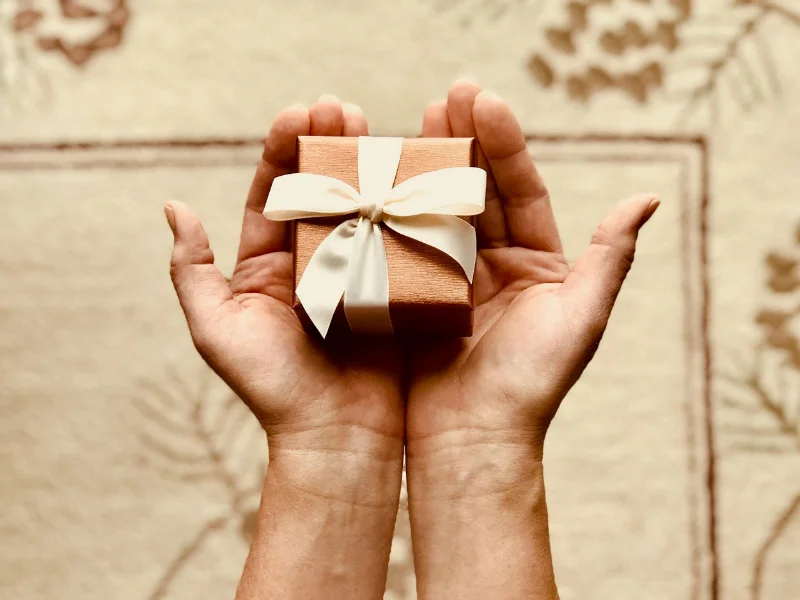
In Turkey, gift-giving is a deeply ingrained cultural tradition. It is common for Turkish people to bring a gift when visiting someone’s home. While these gifts are often small in size, their significance is profound, symbolizing respect, appreciation, and the strengthening of social bonds. This thoughtful gesture plays an essential role in Turkish hospitality and is an important aspect of building and maintaining relationships.
Religious Respect is Important in Turkey
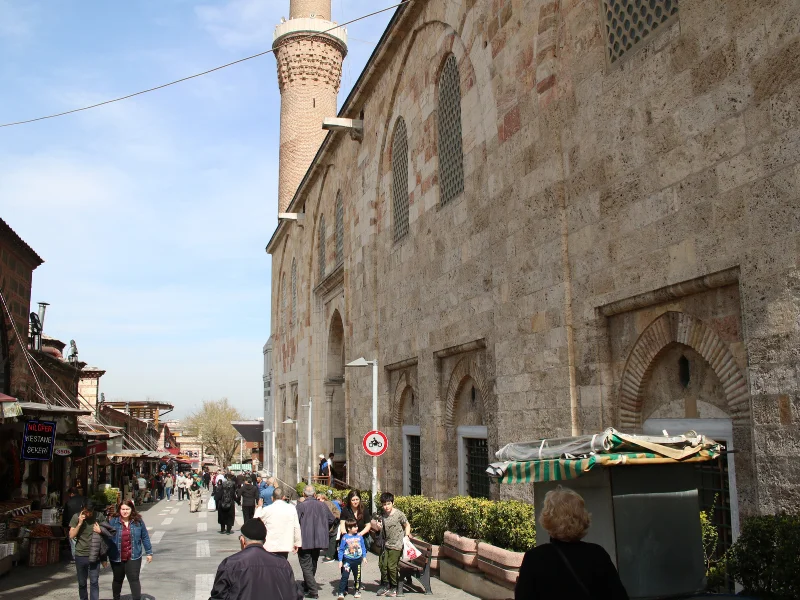
Turkey has a predominantly Muslim population and it is important to show respect during religious observances. During Ramadan, for example, it’s polite to be considerate of those fasting, and if you drink alcohol, it’s best to do so discreetly. When visiting major mosques in Turkey, such as the Hagia Sophia or Ulucamii it’s important to observe the dress code. Female visitors in particular should cover their heads as a sign of respect for local customs.
In Turkey, Riding Camels is Uncommon and Clothing is Modern.
Many people mistakenly assume that Turkey is an Arab country because of its predominantly Muslim population. However, Turkey is not an Arab country, nor does it have deserts or camels. In 1934, the Turkish Republic undertook a clothing revolution, modernising fashion to reflect contemporary styles. Turkey’s culture, history and modern lifestyle are very different from those of the Arab world.
Art and Artists are Highly Valued in Turkish Culture
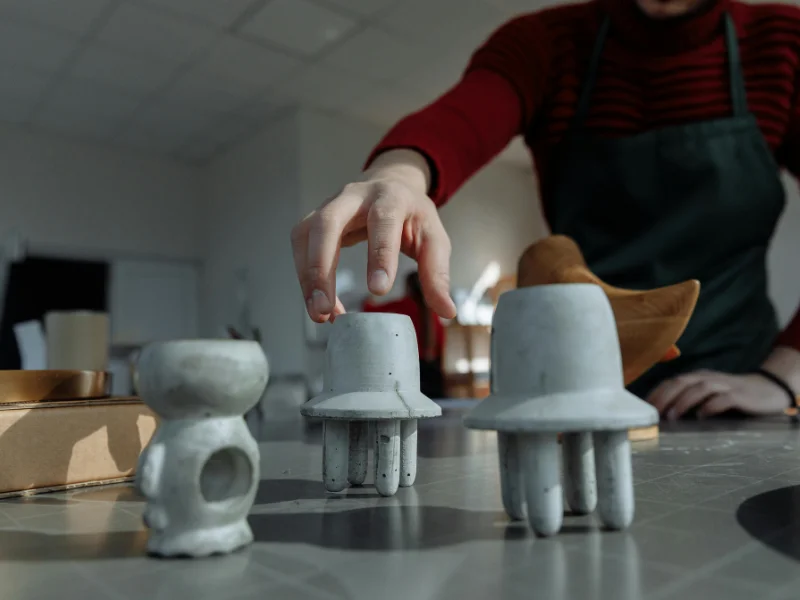
Turkish Baths (Hammam) A Tradition with Deep Historical Roots
